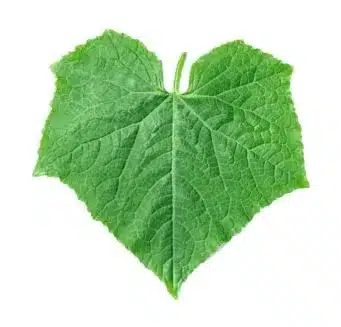Pumpkin Leaves: Unveiling Nutritional Riches for Your Well-being
In Hindi it is known kaddu or kashi phal, and it Tamil it is known as Poosanikai




Pictures By Arun (Kuttu)
Table of Contents
Origin
Origin
Pumpkins (Cucurbita pepo) are believed to have originated in North America, specifically in regions that now encompass parts of Mexico and the southern United States. These regions are considered the native habitat of various squash species, including the ancestors of modern-day pumpkins leaf.
Native American peoples were among the first to cultivate and use pumpkins. They were an essential part of indigenous diets, providing a valuable source of nutrition. Pumpkins were not only consumed as food, but they also had cultural and symbolic significance among many Native American tribes.
Were introduced to European settlers by Native Americans, and their cultivation spread rapidly. Over time, different varieties of pumpkins and squash were developed, and they became an integral part of American cuisine.
Today, they are grown in many parts of the world, and they are celebrated not only for their culinary uses but also for their role in various cultural and seasonal traditions, such as Halloween and Thanksgiving in the United States. Pumpkin leaves have also gained popularity for their versatility in cooking, as they can be used in both Savory and sweet dishes.
Nutrients
Nutrients
Regarding the nutrient content and health benefits of pumpkin leaves (known as “ugu” or “soko” in some regions):
Nutrient Content
Calories: Pumpkin leaves, raw, contain approximately 7.4 calories per 39 g serving, making them a low-calorie food option.
Fat: A 39 g serving of raw leaves contains only 0.2 g of fat, with just trace amounts of saturated fat (0.1 g), making them a low-fat food.
Protein: Pumpkin leaves are a source of plant-based protein, providing approximately 1.2 g of protein per serving.
Carbohydrates: Each serving of raw pumpkin leaves contains 0.9 g of carbohydrates. These carbohydrates consist of dietary fiber, sugars, and complex carbohydrates.
Dietary Fiber: Pumpkin leaves contain dietary fiber, which supports digestive health and contributes to a feeling of fullness.
Vitamins: Pumpkin leaves are rich in various vitamins, including vitamin A, which is crucial for vision and immune function, as well as vitamin B (B-complex vitamins) and vitamin C, which are essential for overall health.
Minerals: They are a good source of essential minerals such as calcium for strong bones, iron for oxygen transport, folate (a B-vitamin) for cell division and DNA synthesis, magnesium for various bodily functions, phosphorus for bone and tissue health, potassium for regulating blood pressure, and manganese for enzyme function.
Folic Acid: Pumpkin leaves are particularly rich in folic acid (folate), which is important during pregnancy and for overall health.
Pumkin Leaves Health Benefits
Health Benefits
Nutrient Density: Pumpkin leaves are nutrient-dense, meaning they provide a wide range of essential nutrients while being relatively low in calories.
Dietary Fiber: The dietary fiber in those leaves supports digestive regularity and helps maintain a healthy digestive system.
Vitamins and Minerals: The leaves are a valuable source of various vitamins and minerals that are essential for overall health, including bone health, immune function, and energy metabolism.
Folic Acid: The high folic acid content found in the leaves is especially beneficial during pregnancy, as it helps prevent neural tube defects in developing fetuses.
This product is low in crude fiber: While they are low in crude fiber, pumpkin leaves are still an excellent choice for adding valuable nutrients to your diet.
Antioxidants: are substances that can help prevent or slow damage to cells caused by free radicals, which are molecules produced when the body breaks down food or is exposed to radiation, tobacco smoke or other harmful substances.: The leaves, like many leafy greens, contain antioxidants that help protect cells from oxidative damage.
Minerals for Blood Health: Iron and folate in leaves are important for maintaining healthy blood and preventing anemia.
Vitamin A for Vision: Vitamin A supports good vision, particularly in low-light conditions.
Vitamin C for Immunity: Vitamin C is essential for immune function and overall health.
Vitamin K for Blood Clotting: Vitamin K plays a vital role in blood clotting and bone health.
Calcium for Bones: Calcium is necessary for strong and healthy bones.
Pumpkin leaves are a highly nutritious and versatile leafy green, making them a valuable addition to a balanced diet. They offer a range of essential nutrients and health benefits, making them an excellent choice for promoting overall health and well-being.
